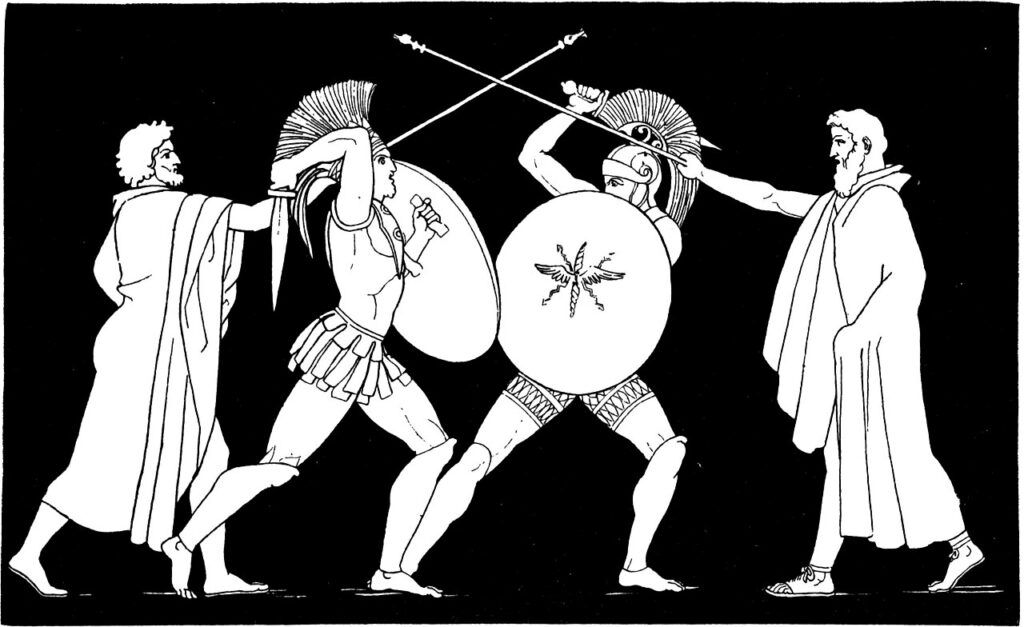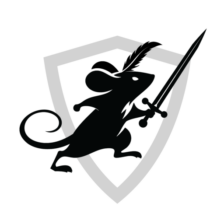
A second reading of the Iliad in six months, this time in poetic form, deepened my appreciation of its majesty, significance, and point. The Iliad is Homer’s sweeping epic about the Trojan War, particularly the wrath of Achilles, the Greek hero and greatest warrior.
Many heroes play a role, the foremost of whom are Achilles and Hector, heroes of the Greek and Trojan armies. They are supported by the mighty Diomedes, Ajax, Odysseus, and Trojan Aeneas. Many fight for glory, each other, and, in Hector’s case, his city and family.
The war unfolds on a plain between the Greek ships and the city of Troy in modern-day Turkey. The heroes are fearsome. Diomedes is so mighty that he is surrounded by a “crowd of champions” (126), and he leads from the front (185), putting his life on the line. Ajax is a towering warrior general; he fights with a mighty shield and spear. In one scene, he protects the ships and fights against seemingly impossible odds, knowing all might be lost. One is made to feel the difficulty and his overwhelming bravery and leadership:
“…a blast of weapons pounded Ajax, so he could not stand firm. He was forced back by Trojan fighters and the will of Zeus. His shining helmet, pummeled by the blows, clanged horribly around his battered skull. The blades kept hammering the ornate plates. His left arm wearied of the constant effort of holding up his flashing shield. But still the Trojans could not knock down his defense, hard though they pressed him with their constant strikes. His breath was labored and a flood of sweat drenched his whole body, and he could not rest. Danger was everywhere, pain piled on pain.” (382-383)
While thrilling, the fighting scenes are not the epic’s most critical parts. The scenes surrounding the war display the consequences of vice and virtue. The king wronged Achilles, leading to the loss of many lives. Achilles’ pride and wrath are partly to blame. The entire war began with adultery and the theft of someone’s wife. One sees the importance of diplomacy, friendship, experience, skill, competence, communication, charisma, and exercising one’s talents amid need and in the fray.
As I reread the Iliad, I grew concerned that I was missing the point—the forest for the trees. Is Homer trying to tell us something applicable and essential for all time, vital for living a good life, and perhaps even an extraordinary one?
I was thrilled to hear about this First Things podcast. The speaker’s interpretation fits the story and its conclusion. He says the poem is a love epic and that Homer wants us to ponder the necessity of forgiveness and loving one’s enemies. That is indeed a vital point.
A high school student can easily read 15 pages a day and finish the epic reasonably quickly. He or she should pay attention to the dull parts, the difficulties endured, the self-sacrifices made, the love shown, and the epic’s end.
